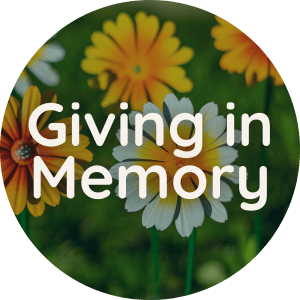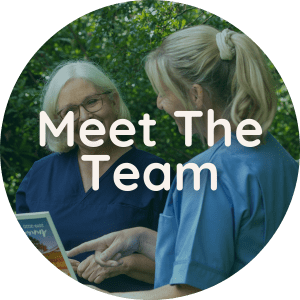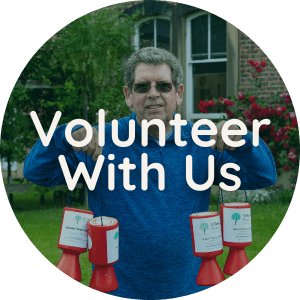What you said
What You Said, What We Did
We know it is important to be open and transparent about how your comments and feedback are processed, and how that helps to inform and shape our work. Your opinion matters, and we want to make sure we are doing the things people want.
We will be updating this page as often as we can, with what we’ve done to action your comments. If you would like to leave us some feedback, please visit our feedback page.
What you said: |
What we did: |
| “A cuddle bed would be great so that parents/children can lie next to patients” | We have included this in our budget and our team is currently looking into options for this. |
| “Mounting of coat hooks in the toilets” | We have installed coat hooks on the toilets in receptions and public areas. |
| “It’s difficult locating the feedback form on your website” | We have a really straightforward feedback form and want to make this easy to find and use for everyone. We have added clear links to the feedback form from the website Homepage and from the Contact Us page. There are also feedback links on each of the services pages and the feedback form can be accessed from the website’s main menu bar at the top of every page. |
| The Inpatient Unit could use a refresh. | We have got scheduled works planned to paint and redecorate the Inpatient Unit in the coming months. |
We have recently received some comments about the slogan “Living Fully, Dying Well”.
The founder of the modern hospice movement, Cecily Saunders, famously said, “You matter because you are you, and you matter to the end of your life. We will do all we can not only to help you die peacefully, but also to live until you die.”
Living well will mean different things to different people. It is often seen as relating to our quality of life, or retaining a sense of control, choice and independence. Accordingly, the hospice offers a range of services and opportunities for people to develop their skills, knowledge and confidence in managing the challenges and changes of living with a life-limiting illness. We also provide nursing care in people’s homes and in our in-patient unit offering specialist symptom management and holistic care.
Dying well is very personal but for many people this means having the right care, at the right time and place, in the right way for them. As a hospice, we work alongside families and other services to deliver high quality care for local people at the end of their life.
One of the most common things we hear from people is, “I wish I’d known about you sooner”. Many people know that hospices offer care at the end of someone’s life but what is less well known is all the care and support we give to help people live fully with a progressive illness. Therefore, to continue to try and shift the public perception of hospice care and ensure as many people as possible know about our services as early as possible in their diagnosis, we have sought to emphasis the “Living Fully” aspect of our approach. However, in our society, we are very aware that many people struggle to communicate their wishes and plan ahead for their death, therefore we want to raise awareness of the importance of “Dying Well”. We feel that continuing to champion good end of life care is as important as promoting services to support people to live fully with a serious illness.
Communicating what we do and how we do it is important, and we encourage everyone to share their views on how well we do this or whether we can improve. WE remain committed to working with local people to develop services and our communications so we can all Live Fully and Die Well.











